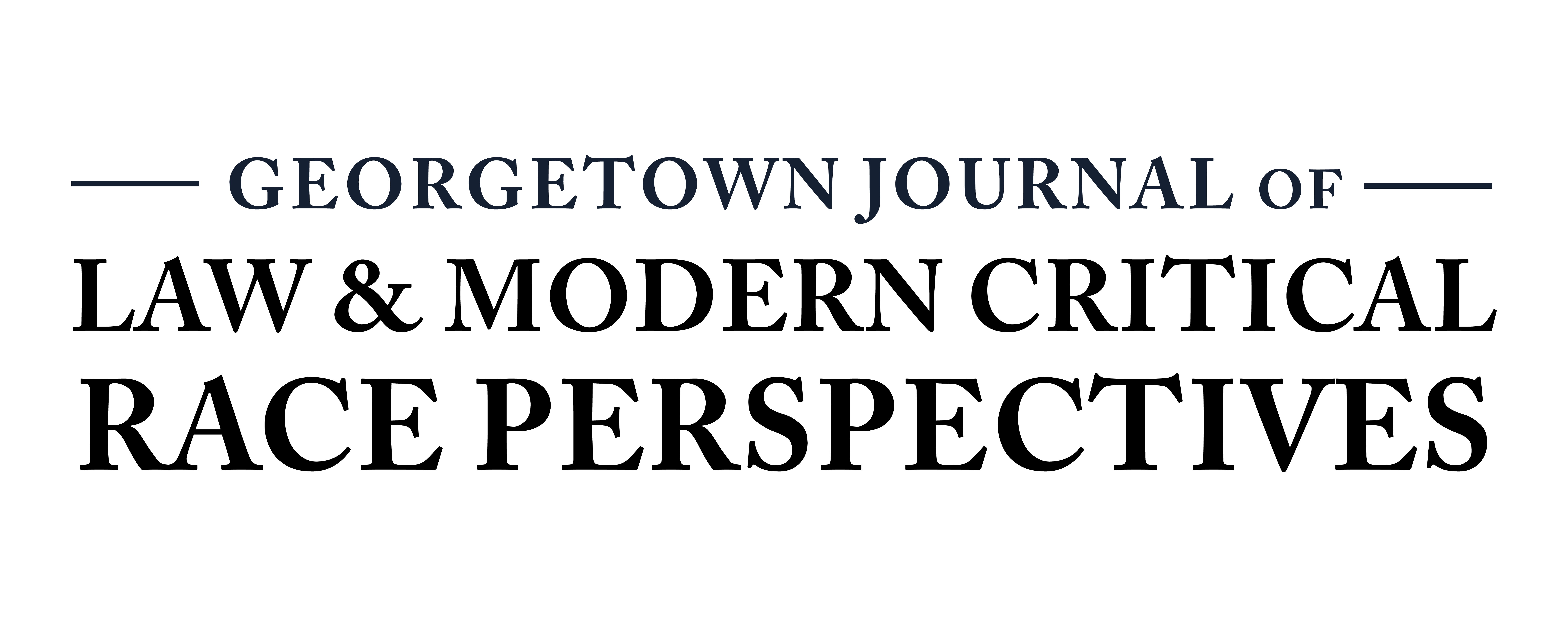Beyond Bias: Re-imagining the Terms of “Ethical AI” in Criminal Law
Data-driven decision-making regimes, often branded as “artificial intelligence” (AI), are rapidly proliferating across the U.S. criminal legal system as a means of managing the risk of crime and addressing accusations of discriminatory practices. However, these data regimes have come under increased scrutiny, as critics point out the myriad ways that they reproduce or even amplify pre-existing biases in the criminal legal system. As a result, a new regulatory science is emerging to render AI “fair” in this context. This essay examines two general approaches to “algorithmic fairness” in criminal law: 1) formal fairness criteria that illustrate the trade-offs of different algorithmic design choices and 2) managerialist standards for maintaining a baseline of accuracy, transparency and va- lidity in these systems. Attempts to render AI-branded tools more accurate by addressing narrow notions of “bias,” miss the deeper methodological and epistemological issues regarding the fairness of the outcomes that these tools produce. The key questions are whether predictive tools reflect and reinforce punitive practices that drive disparate out- comes, and how data regimes interact with the penal ideology to naturalize these prac- tices. The article concludes by calling for an abolitionist understanding of the role and function of the carceral state, in order to fundamentally reformulate the problems we aim to solve, the way we make claims based on existing data, and how we identify and fill gaps in the data regimes of the carceral state.
Continue Reading Beyond Bias: Re-imagining the Terms of “Ethical AI” in Criminal Law

